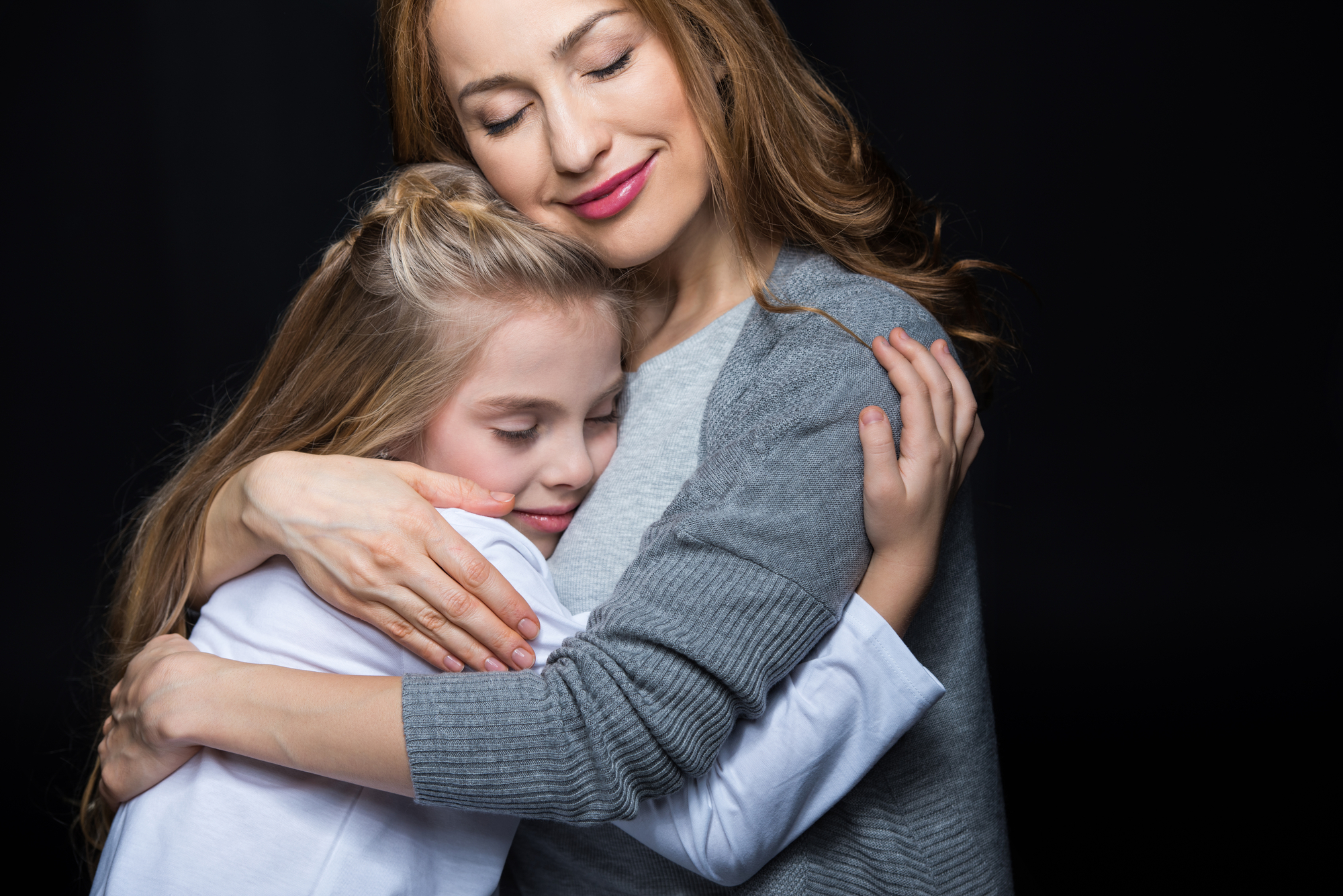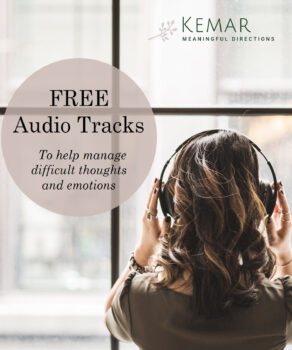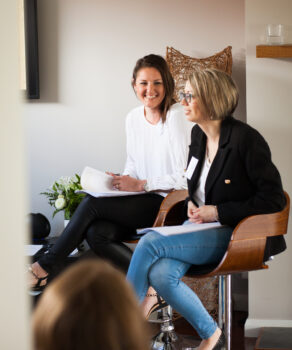Do you want to know why we feel anxious, or why people might behave irrationally during the midst of this pandemic? You know, the mad rush and ‘panic buying’ of toilet paper and pasta and whatever people can get their hands on when even the smallest hint of the word “lockdown” is mentioned?
Well our brain, over thousands of generations (since caveman times) has evolved to keep ourselves safe, so that, it is always on the lookout for threats to our survival. Human survival has depended on both fear and anxiety, requiring us to react immediately when we encounter a threat (think: the lion around the corner). And therefore, this makes sense for why we go into survival mode – which then affects our actions (ie. panic buying).
WHAT’S THE SCIENCE BEHIND THIS
An uncertain or threatening situation (like the coronavirus) means the more primitive part of the brain responsible for keeping you alive (the amygdala) can take over. When this happens, it can overpower or distort any type of rational thinking (which occurs in the frontal cortex- the front of our brain), so even though governments are promising there will be no disruption to food supplies, and instructing to wear masks or stay at home, many are unable to process this.
So, when you’re seeing extreme responses, like panic buying or arguing with Police over wearing a mask (when they have capacity to wear one), it’s because people feel like their survival is threatened and they need to do something to feel like they’re in control in order to deal with their fear and uncertainty: ‘cos us humans like to feel in control over something – it’s how our brain has evolved.
WHAT CAN YOU DO
Here are some ideas for how to manage the anxiety:
Acknowledge the anxiety:
So if wearing a mask, washing hands and keeping 1.5m distance from others does not feel like it’s enough and you still feel anxious, then the first step is acknowledging and managing this anxiety. (We have a free audio track freely available, called ‘allow emotions’, on our website for people to listen to which may be useful for anxiety).
Think of others:
A better plan than panic buying or refusing to wear a mask would be to keep everyone else’s needs in mind as these types of events unfold: stock up on only what you and your family need, but avoid the urge to hoard enough supplies to fill a doomsday bunker.
Be kind to others:
Remember that people are more anxious and behaving erratically, because they are fearing the unknown, and believing that a dramatic response is warranted – even though, the best response in this case is something a little bit more demure – like washing your hands. So show a little compassion, as after all they are feeling anxious, and treat them with kindness.
Refer to quality sources of information:
This is vital for avoiding rumours and false information (ie. listening to certain overamplified and emotive reporting from news sources comes to mind). Also, maybe turning off the news every now and then to get some relief.
Other ideas:
Be aware of getting caught up in negative thoughts, do some self-care, stay healthy – limit alcohol, exercise & eat healthy, stay connected with others (online or over the phone). And get professional help if not coping.









